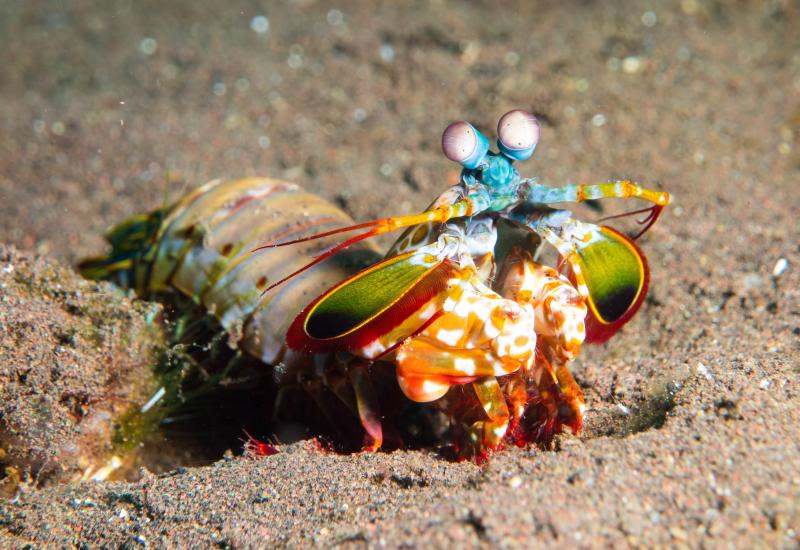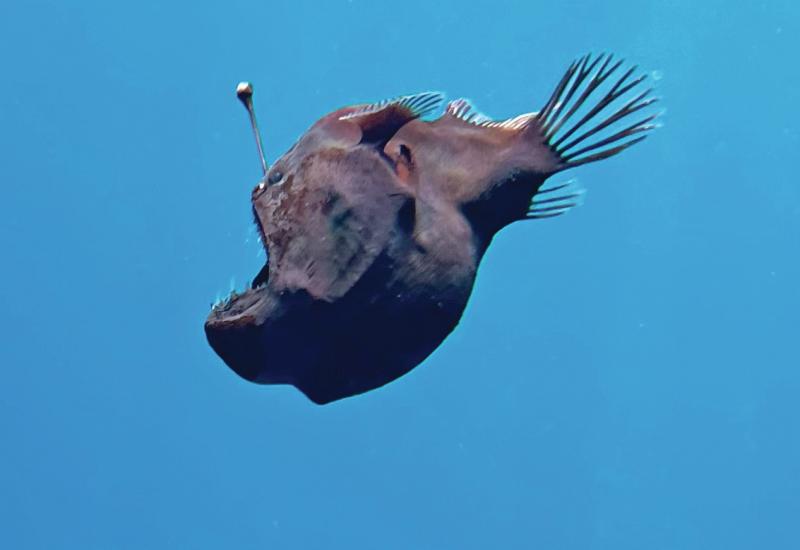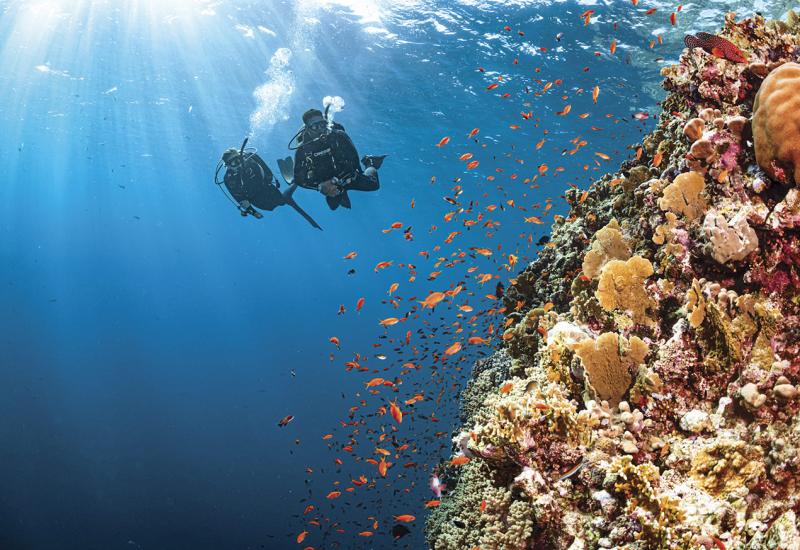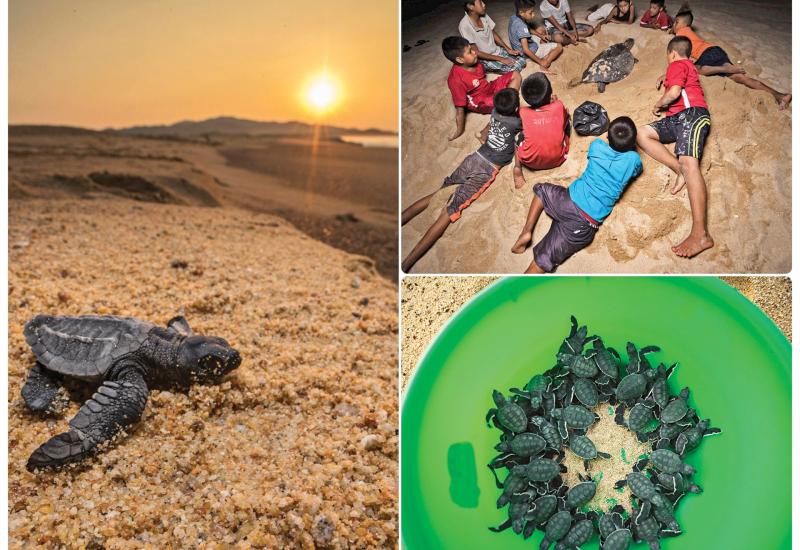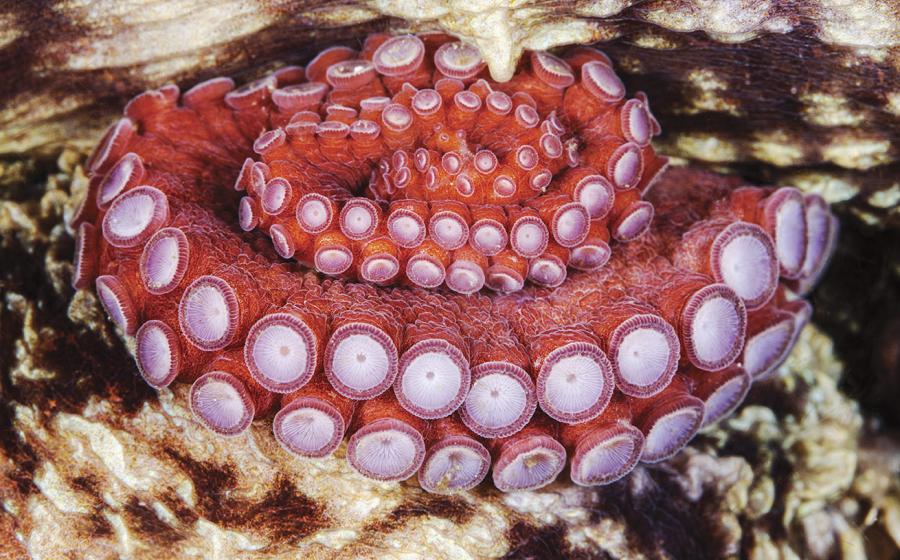UK to Launch History’s Largest Underwater Monitoring System
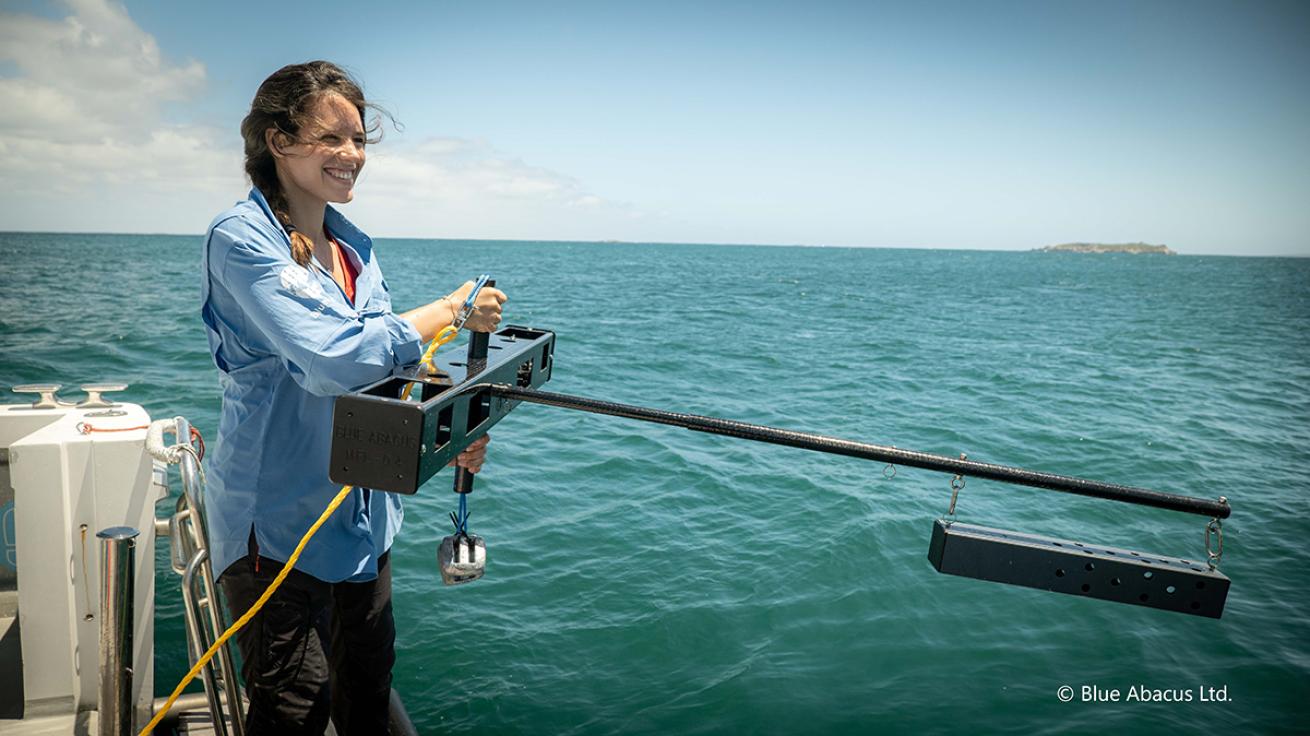
Courtesy Blue Abacus“Cutting-edge technology, such as these cameras, will be vital in our crusade against climate change." said Prime Minister Boris Johnson.
The U.K. recently announced it will install cameras in 10 overseas territories — the world’s largest-ever underwater wildlife monitoring network — to monitor the success of its ocean conservation initiatives.
The goal of the three-year-long, roughly $3 million project is to be able to compare wildlife population sizes and species diversity to determine whether the government should bolster conservation efforts.
“Our marine experts are world-leaders in protecting our ocean and the myriad of species that live within it," Prime Minister Boris Johnson said in a statement. “Cutting-edge technology, such as these cameras, will be vital in our crusade against climate change.”
The cameras, called Baited Remote Underwater Video Systems, or BRUVS, will monitor more than 1 million square miles of sea. Mounted on carbon fiber sticks about 30 feet below the, far off shore the surface, they will be able to record up to 100 snapshots in a week’s time. This will give scientists a unique glimpse into open ocean life.
Territories taking part in the project include the Cayman Islands, St. Helena and Anguilla. Residents of each territory will be trained to use the BRUVS.
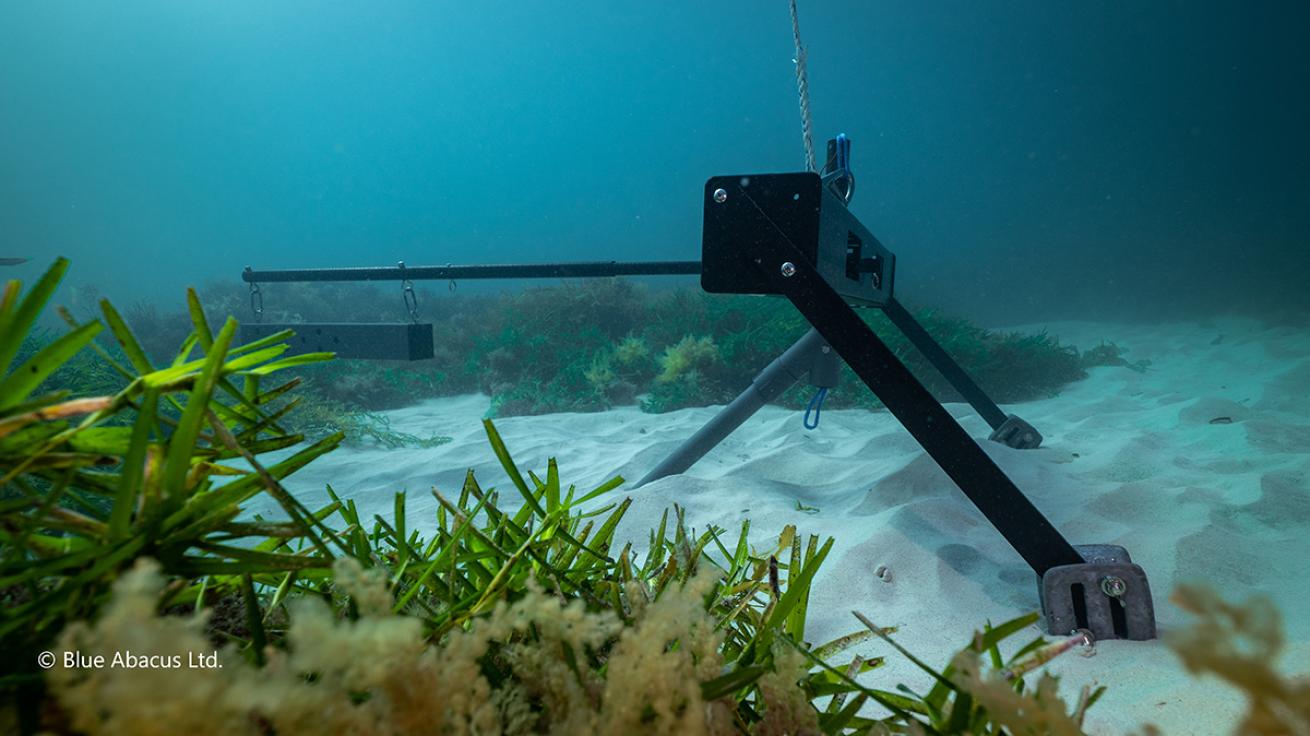
Courtesy Blue AbacusLocals will be trained to operate the equipment across 10 British territories.
"That's the great thing about it — you don't have to be a highly technical electrical specialist or something to use our equipment," Jessica Meeuwig, a co-founder of Blue Abacus, the company tasked with training locals to run the systems, tells NBC News. "What we want is local capacity to identify what questions they want to answer and then go out and ask them."
This is important, she says, as the U.K.’s marine initiatives are particularly impactful for coastal communities and the economies of overseas territories. Meeuwig is hopeful this style of monitoring will be adopted in other countries, especially those who are taking part in the global push to protect 30 percent of the world’s oceans by 2030.
Correction: This article originally stated the program would run for four months. The program is actually anticipated to run for about three years, and the article has been updated to reflect the correct timeframe.

